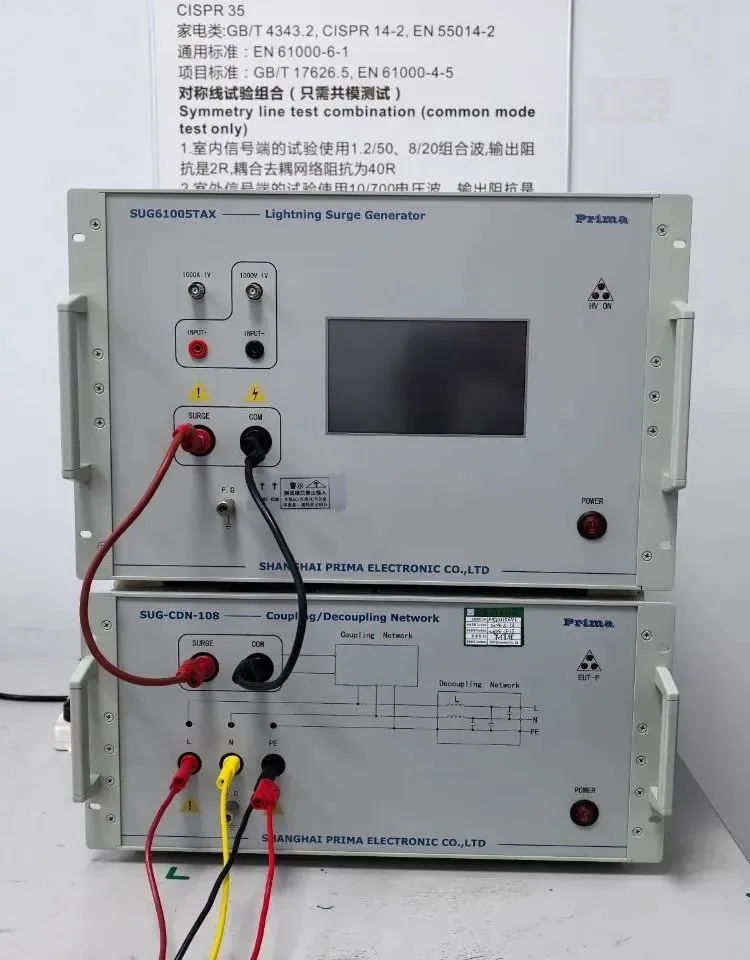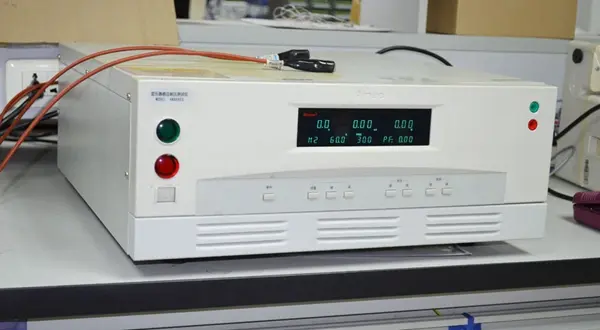
What is Japan's ST Toy Certification?
What is ST Certification?
In order to ensure the safety of children's toys, the Japan Toy Association (JTA) established the Japan Toy Safety Mark (ST Mark) in 1971 for toys used by children aged 14 and below. The standards regULate mechanical and physical properties, fire safety, and cheMICal safety of toys. "ST" stands for Safety and Toy. The standard is voluntary, and products meeting the standard are allowed to bear the ST mark on the product itself. This is a non-mandatory standard, but it holds significant influence in the Japanese toy market. Products carrying the ST mark are valid for four years, and after expiration, they must undergo retesting and certification to continue displaying the mark.
Toys entering Japan must comply with the Japan Toy Safety Standard (ST Standard) and/or the Japan Food Sanitation Law (JFSL).
On January 28, 2016, the Japan Toy Association (JTA) issued the Toy Safety Standard ST 2016, which partially revised the ST 2012 standard. This revision came into effect on April 1, 2016.
Scope of Application: Applicable to toys for children aged 14 and below.
Specific Requirements for ST Certification
First Part of ST Certification (Mechanical and Physical Properties)
1. Determine if the toy contains sharp edges or dangerous points.
2. Conduct abuse tests (e.g., pressure, tensile, torsional, impact, and drop tests).
3. Check if the toy contains small balls or small parts to prevent choking hazards.
4. For heavy stationary toys, check their stability to prevent collaPSE injuries.
5. Specify testing methods for toys and outline packaging and labeling requirements.
Second Part of ST Certification (Fire Safety)
1. Toys worn on the head, including hair and whiskers.
2. Toys that children can enter, such as toy tents, and plush toys, are evaluated based on their combustion speed.
3. The maximum combustion speed specified is 30mm/s.
Third Part of ST Certification (Chemical Properties)
1. Limits for heavy metals such as lead (Pb), mercury (Hg), cadmium (Cd), chromium (Cr), selenium (Se), antimony (Sb), arsenic (As), and barium (Ba) in toy materials, including surface paint, coatings, and inks.
2. Migration of coloring substances.
3. Requirements for materials containing polyethylene and polyvinyl chloride.
4. Testing of formaldehyde and phthalate levels in textiles used in toys.
ST Certification Process
1. Retailers or importers submit an application to a laboratory.
2. Toys are tested by JTA-accREDited laboratories according to parts 1-3 of the ST 2016 standard.
3. After passing the toy evaluation, retailers or importers must apply for the ST mark and affix it to the toy and/or packaging.
ST Certification Documents
1. Application form.
2. 2-3 sets of samples.
Certification Duration: 5-7 business days.
Email:hello@jjrlab.com
Write your message here and send it to us
 RCM AS/NZS CISPR 32:2023 Testing for Power Adapte
RCM AS/NZS CISPR 32:2023 Testing for Power Adapte
 How to get Australia SAA Compliance?
How to get Australia SAA Compliance?
 Does Canada Require RoHS Compliance
Does Canada Require RoHS Compliance
 EU CE LVD, EMC, RoHS Directives Compliance Guide
EU CE LVD, EMC, RoHS Directives Compliance Guide
 Quick Guide to the CE-LVD Low Voltage Directive
Quick Guide to the CE-LVD Low Voltage Directive
 Global Certification Guide for Lithium Batteries
Global Certification Guide for Lithium Batteries
 Compliance of Amazon 18650 Lithium Battery Product
Compliance of Amazon 18650 Lithium Battery Product
 What is CE Certification and EU Authorized Represe
What is CE Certification and EU Authorized Represe
Leave us a message
24-hour online customer service at any time to respond, so that you worry!




